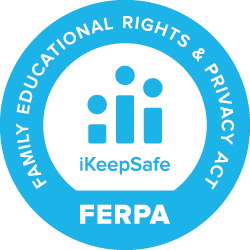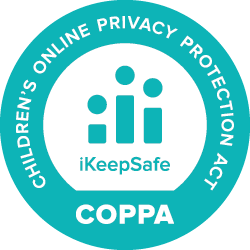Students are often asked the questions:
“What do you want to be when you grow up?”
“Where do you want to go to college?”
“What do you want to do with your life?”
One of these questions is asked far less than the other two… This is where the disparity between “first-generation” college students and “continuing education” students begins.
First-generation students make up a considerable portion of underrepresented groups in higher education. They not only struggle with the logistics of attending college but also often lack a sense of belonging. They have no parental guidance or prior knowledge of what it is like to be a college student. The endeavors that seem to come naturally to other students such as joining interest groups and assimilation into the world of college are an incredible barrier for first-generation students.
First-generation youth have to learn how to be a student before they can actually be a student.
The struggle of being a first-generation student does not stop once a student is settled in on campus. They are tasked with psychological challenges: possibly feeling guilt over leaving their families and responsibilities at home, struggling to fit in with peers or feeling like an “imposter”, and choosing a major. A lack of college preparation can deter students from fields that are more challenging, but also higher-paying such as STEM. This uncertainty and lack of academic confidence contribute to the issue of the wage gap amongst first-generation college students (Manzoni & Streib, 2019).
Imagine being the first in your family to attend a four-year university:
You left your friends, family, and home behind to start a new generation of success. You finally found your passion in medicine and want to become a veterinarian, but you feel unprepared and discouraged on the first day of your entry-level biology course. Now you find yourself wanting to pack your things to leave and are questioning, “What am I even doing here?” and “Am I capable of this?” This is where JASON Learning can make all the difference.
Beginning as early as preschool, JASON offers innovative and challenging curricula where students are connected with and mentored by real-world STEM professionals. From a very early age, JASON can help students become curious, creative, and critical thinkers—preparing them with the competencies needed in higher education and the workforce. Research has shown that the JASON approach to teaching and learning significantly improves academic achievement and attitudes towards careers in STEM.
JASON can give first-generation students the confidence and tools needed to feel just as prepared for college as generational students. JASON not only engages students but educators, business leaders, families, and the community. By bringing JASON into your school or classroom, you are raising awareness of the disadvantages first-generation students face upon entering college and the workforce. JASON introduces college and careers in STEM as real possibilities, not fears, to young minds and changes thinking patterns for generations to come.
Reach out to us at https://jason.org/contact/ to discuss how you can bring JASON to your community.
Reference
Manzoni, A., Streib, J. The Equalizing Power of a College Degree for First-Generation College Students: Disparities Across Institutions, Majors, and Achievement Levels. Res High Educ 60, 577–605 (2019). https://doi.org/10.1007/s11162-018-9523-1



